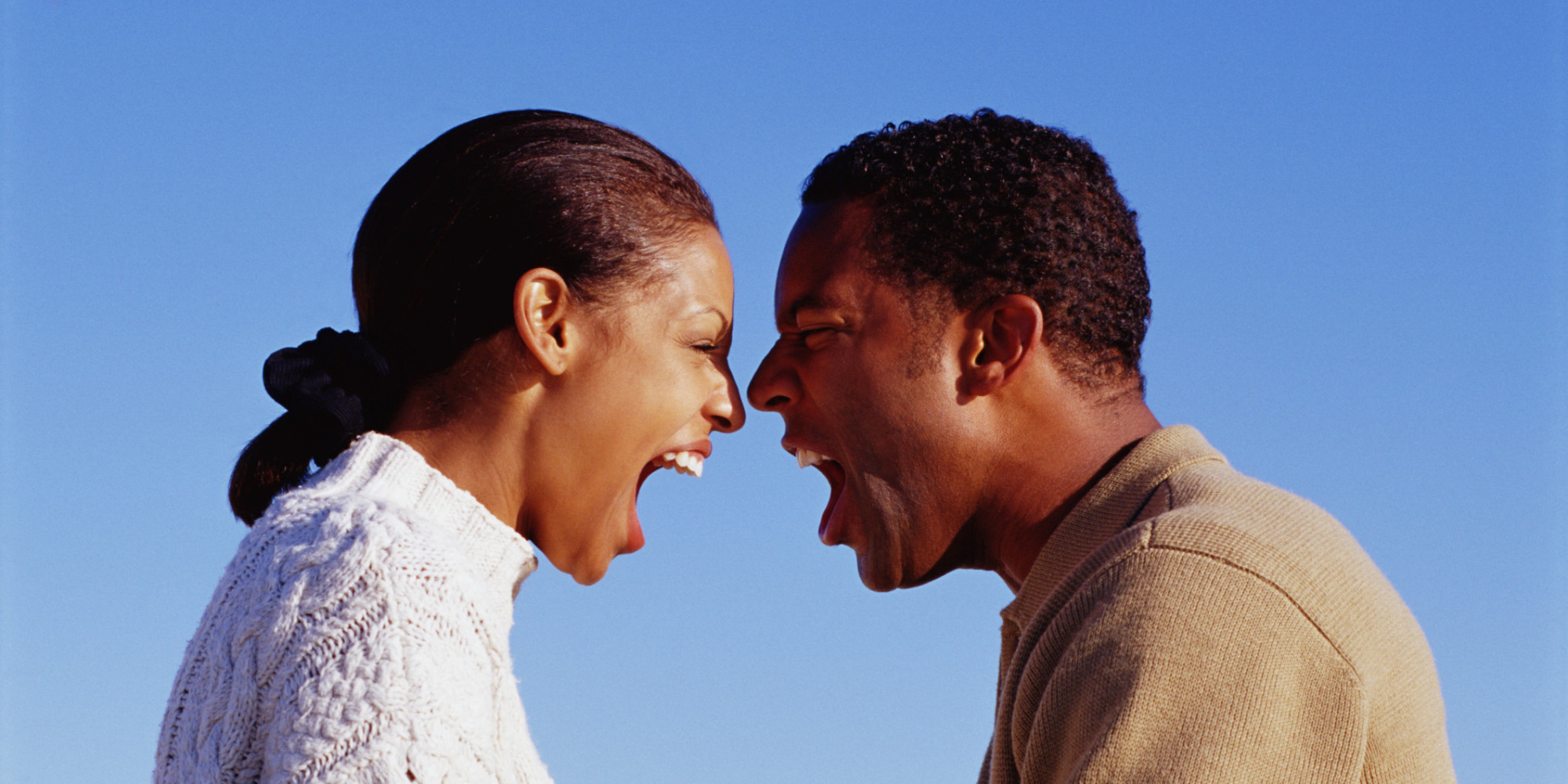With so much that we have experienced as a black community since 1619. Our ancestors and leaders have drafted plans, guided us and continue to show us the way. Listening to speeches from Fannie Lou Hamer, Harriet Tubman, Marcus Garvey, Martin Luther King Jr., Malcolm X, James Baldwin, Huey P. Newton, etc. You can see that there is this underlying reinforcement of how we should take care of our own. We often talk about the Jews, Asians and other communities that understand self-preservation. They understand radical self-care and what it means to put the collective first. As those living under the Western doctrine, we often get sucked into the individualistic mindset. The Black Agenda is not about dividing and further perpetuating racism, it is about the need to self soothe and take care of home first.
The world is literally going through healing stages. So, have those tough conversations, protest or get some rest. Donate to causes that matter, teach yourself on how to create wealth and make your income work for you. Reach out to an “enemy” and make amends. Release any tension you have amongst your own and fully love yourself to love someone else.
Now let’s get into the black Agenda:
1. We shall all come together and stop any personal disputes within our race.
2. Continue to tear down all non-black businesses and corporations until they support our cause. This does not have to be physically tearing down, but not spending with them and using their platforms . Boycotting- You see how they are all supporting the movement and shifting funding……Stay woke.
3. Build our own businesses and communities. The elite African American come together and plan how to allocate funding. With 1.5 Trillion as a black community, we would be the 9th richest nation. What if we get a committee together, create an expense/budget/finance department and allocate funding to rebuild cities and black communities. This would further create employment opportunities access to wealth, educational pipelines, etc. I wonder if these were steps to build black wall street, I mean the blueprint is there.
a. We need shelter, food, and water- These are the supplies we start with: build businesses that supply these services; real estate/rental property- sell to your own people. House our own. Grocery stores; feed your own. Water- we know theirs is not clean. Clean and distribute our own
This will address the Maslow Hierarchy of Needs. If we want to fight the new form of slavery Steve Biko describes it as being a psychological form of slavery and in order to do take the psychological chains off, a person must be on the path to reach self-actualization. They must be in a safe space to fully address their trauma, inner child, maladaptive behaviors, etc.
b. Hospitals: we must get all our healthcare professionals together; Doctors, nurses, psychologist, psychiatrist , Psychotherapist, counselors, social workers, phlebotomist, pharmacist, etc. We can build our own research lab that has culturally competent evidence-based practices and approaches that truly heal our people and not place band aids over it.
c. Get our own Marketing/ Entertainment team: Create our own communication/ networks/ platforms etc. TIKTOK, Facebook/twitter/etc.
d. Engineer, cyber security, technology,- you understand where I am going
4. Arm yourself. We can build our own military. Our own police force. Community support work. Even if it’s just learning defense techniques. Learn your gun laws in your state.
5. We have our own banks- build and put your money there. If you are not banking black, we are not doing this right. Remember that all businesses have growing pains and quantity and quality can help.
6. All the essential businesses workers that were working during COVID; we need to build those businesses and make them black owned
7. Put pressure on Biden: this is not a con trick. We want our needs to be put first! Address police brutality, healthcare for all and make it culturally competent, equality for all- African Americans. We want to be bailed out as well and funding specific needs for us, is extremely important. We have suffered far too long. Our schools in impoverished neighborhoods, shall have all the supplies needed to assist children to reach their optimal potential. We want trained teachers, school counselors, and educational curriculum that work for our students, children, adult learners and educators. We want our top Black professors and educators to draft these curriculum and legislation around furthering and improving our educational systems. Free education for all.
8. Our neighborhoods need a face-lift. There are tons of research that shows how our environment directly impacts our mental health. We want colors, paintings, trees. We want our communities to be vibrant. We want trash pickups, snow removal services, etc., to reach all communities. No community left behind.
So, while those corporations may be burning and CNN may need to utilize those insured dollars, we want that funding to be allocated to our communities, first.
9. We want access to technology to run efficiently, in all neighborhoods. Internet access to all in America, globally as well.
10. Celebrate June 19th and not July 4th.
Laws We May Want to Consider:
Police Brutality: Police are sentenced to 50 years to life for killing an unarmed citizen and must pay restitution to the family- Should come from the police union.
Mental health: 4 wellness checks a year (1 50-minute session a quarter) covered under an individual’s health insurance.
Tax dollars: Allocate all funding equally across communities.
-Social Corporate Responsibility: Companies should be demanded to provide services in all communities and their foundation monies and/or charitable proceeds should directly impact their communities that they are located in.







